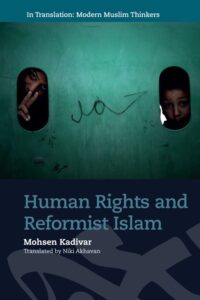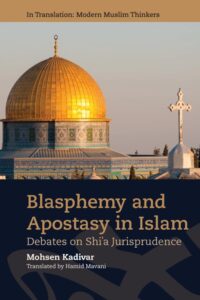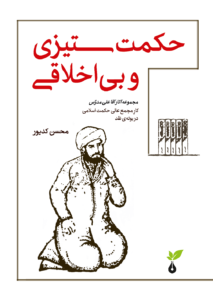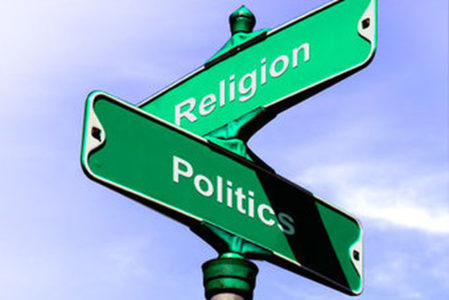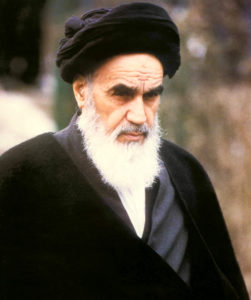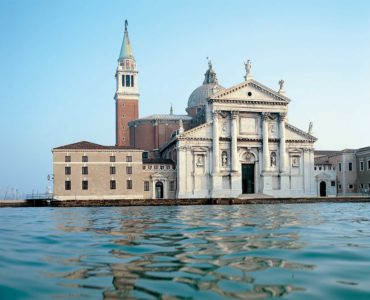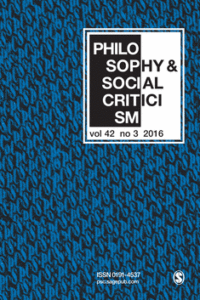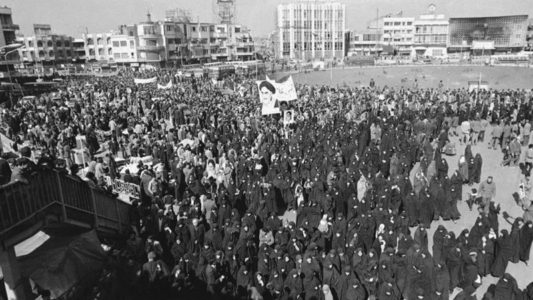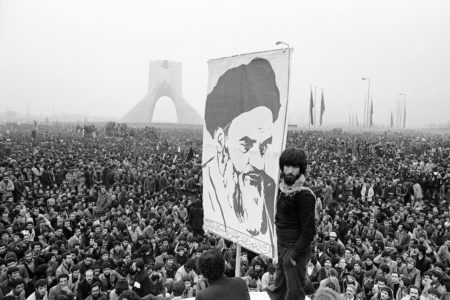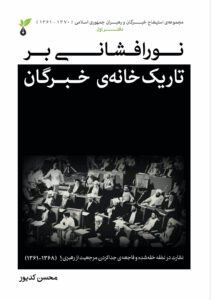
Shedding Light on the Covert Assembly of Experts
The book starts with shedding light on the the regulations of Assembly of Experts. The approval of the regulations relevant to Article 111 of the constitution (the right to supervise, impeach and depose the Leader) remains the greatest achievement of the Assembly to date. Both of Leaders of the I.R.I. refrained from any kind of cooperation with the ‘Panel of Investigation’. The most prominent advocator of actual religious authority as a binding requirement for qualifying a Leader was S. Ali Khamenei. He disqualified the leadership of himself 3 years earlier!


